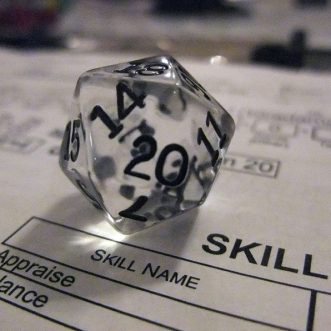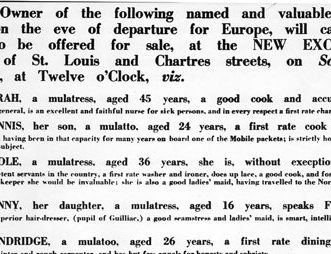June 10, 2021
For Adam Smith the pin factory, with its production line and strict division of labour, was the epitome of efficiency. It meant that thousands more pins could be manufactured, which in turn meant more people could afford to own them.
Until eventually a pin became the epitome of worthlessness, a thing you wouldn’t bother to pick up if you dropped it. The factory model solved a production problem.
Products aren’t the only thing we make through our work. We also make people. And since Adam Smith, we’ve also known that the pin-factory approach makes unhappy people.
Humanity no longer needs to be efficient. We no longer have a production problem.
We have a distribution problem. We have an unhappiness problem. And we have a survival problem.
It’s time then, to look for a different mode of production.
One where the survival of our species is the side-effect of work that produces lives well lived for all.
We can start from the bottom up, as we grow our own small businesses:
Think orchestra, not pin-factory.









